Nationalism, Revolution Around the World 1910-1939
History
ahimsa

Means 'not to injure' and 'compassion' and refers to a key virtue in Indian religions. Ahimsa is the practice of non-violence and respect for all living beings, popularized by leaders like Mahatma Gandhi during India's independence movement.
Amritsar massacre
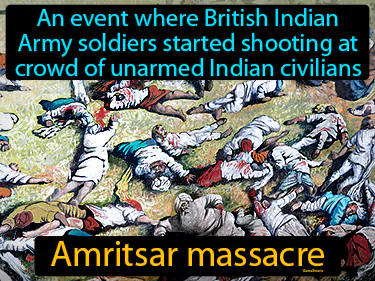
An event where British Indian Army soldiers started shooting at a crowd of unarmed Indian civilians. Amritsar massacre. The Amritsar massacre, also known as the Jallianwala Bagh massacre, occurred in 1919 when British troops killed hundreds of peaceful protesters in India.
apartheid
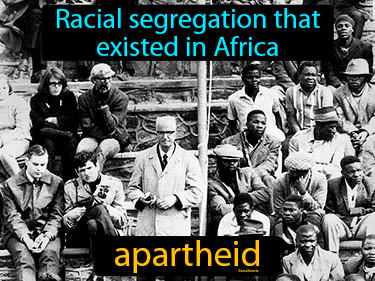
Racial segregation that existed in Africa apartheid. Apartheid was a system in South Africa where laws enforced separation and discrimination against non-white people.
Asia Minor
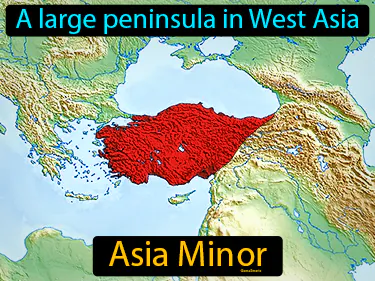
A large peninsula in West Asia. Asia Minor. It is a historically significant region that forms most of modern-day Turkey and was home to ancient civilizations like the Hittites and Greeks.
Balfour Declaration
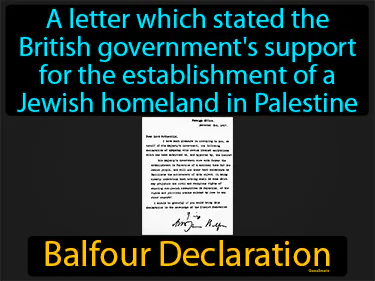
A letter which stated the British government's support for the establishment of a Jewish homeland in Palestine. Balfour Declaration. It was a 1917 statement by Britain supporting the creation of a Jewish homeland in Palestine.
boycott

A protest where the protesters do not buy a product or give money to a company. Boycott. In history, a boycott is when people collectively refuse to purchase or support a company or country to enforce change or express disapproval.
civil disobedience
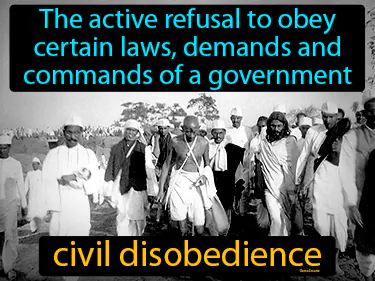
The active refusal to obey certain laws, demands and commands of a government. Civil disobedience. Civil disobedience is when people peacefully protest against unjust laws to bring about change.
cultural nationalism
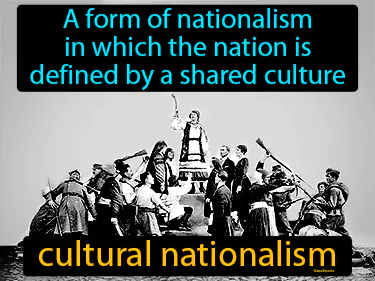
A form of nationalism in which the nation is defined by a shared culture. Cultural nationalism. It emphasizes the importance of a common cultural heritage in uniting and strengthening a nation.
economic nationalism
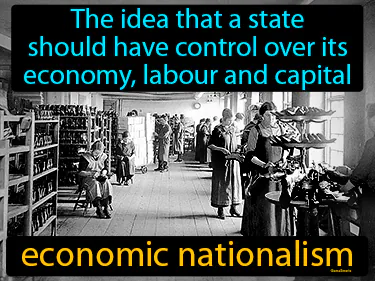
The idea that a state should have control over its economy, labour and capital. Economic nationalism. Historically, economic nationalism refers to policies that prioritize a nation's economy by controlling trade, tariffs, and industries to protect local jobs and industries.
Good Neighbor Policy
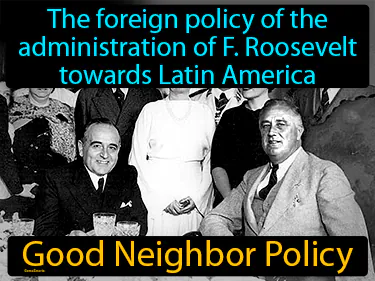
The foreign policy of the administration of Franklin Roosevelt towards Latin America. Good Neighbor Policy. The Good Neighbor Policy was an approach by the United States to improve relations with Latin American countries through non-intervention and cooperation.
Guomindang
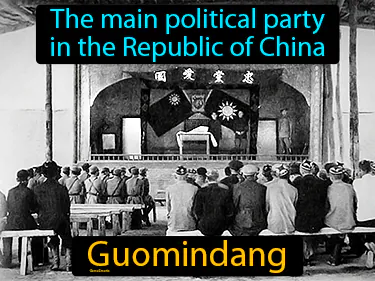
The main political party in the Republic of China Guomindang. Guomindang, also known as the Nationalist Party, played a central role in Chinese politics and history, especially during the early to mid-20th century.
haciendas
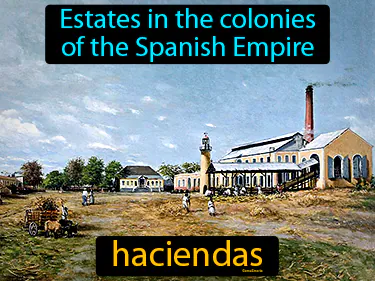
Estates in the colonies of the Spanish Empire. Haciendas. Haciendas were large estates in Spanish America used for farming and ranching, influencing local economies and social structures.
Hirohito
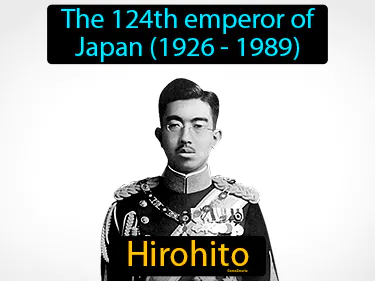
The 124th emperor of Japan 1926 - 1989. Hirohito. Hirohito was the Emperor of Japan during World War II and oversaw its post-war recovery.
Long March
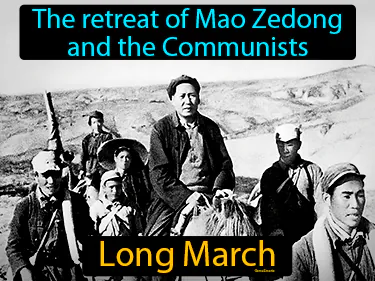
The retreat of Mao Zedong and the Communists. Long March. The Long March was a strategic retreat by Chinese communists to evade the pursuit of the nationalist army in the 1930s.
Manchuria
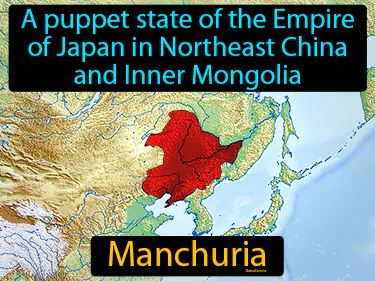
A puppet state of the Empire of Japan in Northeast China and Inner Mongolia. Manchuria. Manchuria was a region in Asia that was overtaken by Japan in the early 20th century to establish control and exploit its resources.
May Fourth Movement
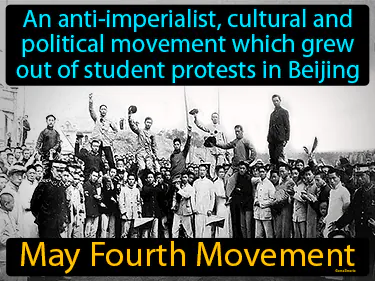
An anti-imperialist, cultural and political movement which grew out of student protests in Beijing. May Fourth Movement. The May Fourth Movement was a significant Chinese protest against foreign domination and traditional cultural practices, sparking a drive for modernization and reform in 1919.
nationalization
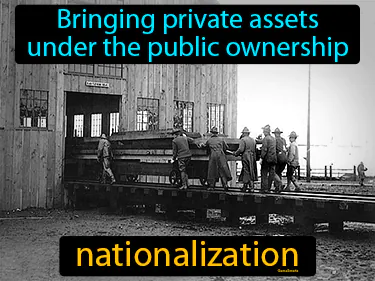
Bringing private assets under the public ownership. nationalization. Nationalization is when a government takes control of previously private businesses or assets, often to manage resources for public benefit.
negritude movement
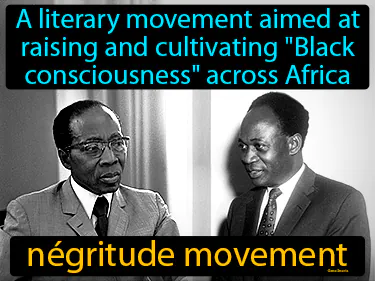
A literary movement aimed at raising and cultivating "Black consciousness" across Africa. Negritude movement. The Negritude movement was a cultural and literary movement in the 1930s that celebrated Black identity and heritage, primarily among intellectuals in French-speaking African and Caribbean countries.
Pan-Africanism
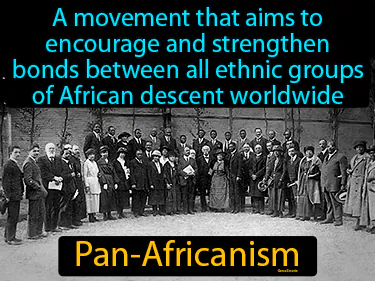
A movement that aims to encourage and strengthen bonds between all ethnic groups of African descent worldwide. Pan-Africanism. It is a historical movement advocating unity and solidarity among African people globally.
Pan-Arabism
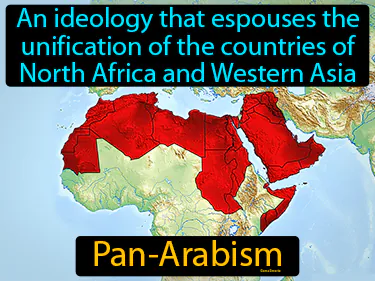
An ideology that espouses the unification of the countries of North Africa and Western Asia. Pan-Arabism. It is a movement aiming to unite Arab-speaking countries based on shared cultural and historical ties.
Twenty-One Demands
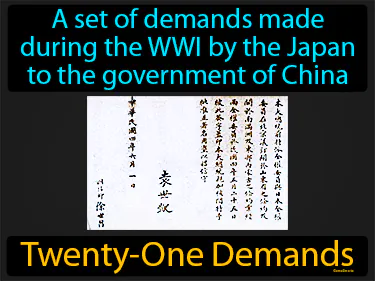
A set of demands made during the WWI by the Japan to the government of China. Twenty-One Demands. The Twenty-One Demands were a list of requests from Japan to China in 1915 to increase Japanese control in China.
ultranationalism
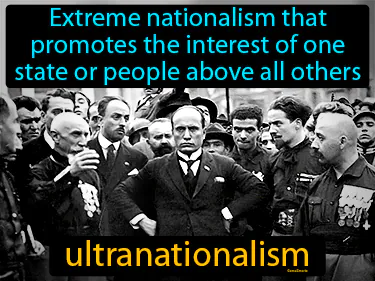
Extreme nationalism that promotes the interest of one state or people above all others. Ultranationalism. Historically, ultranationalism has often led to conflicts and wars as governments prioritize their own country's supremacy and interests.
untouchables
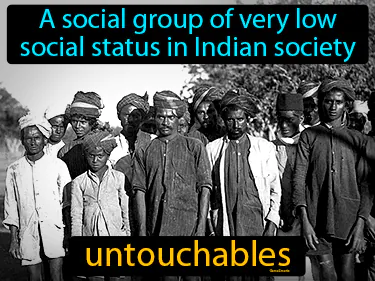
A social group of very low social status in Indian society. Untouchables. In history, untouchables were individuals considered outside the traditional caste system and faced severe discrimination and exclusion.
vanguard
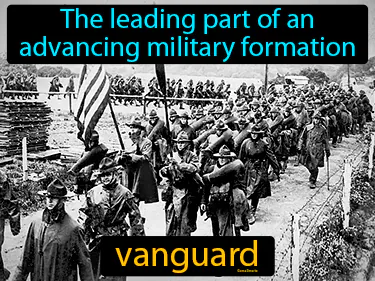
The leading part of an advancing military formation. vanguard. In history, the vanguard is the front line or forefront of a military movement or army.